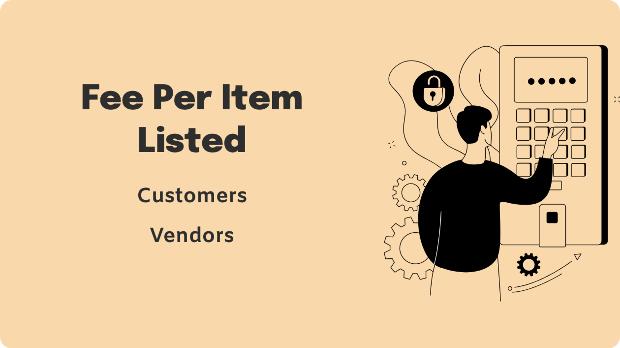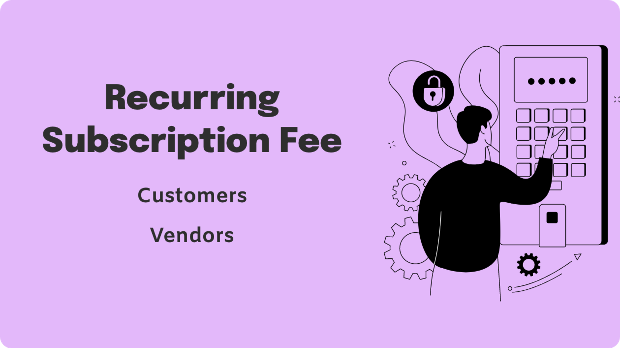CHANGE LOG
Spurtcommerce New Features, Fixes, and Enhancements
November 2024
Seller: Sellers can offer buyer-specific and buyer group-specific pricing options, providing flexibility in pricing strategies.
Storefront: Customers as Guest Users will see general pricing, while logged-in users will see prices tailored to their individual or group-specific settings.
Seller: Sellers can configure their preferred language, time zone, and data format.
Storefront: Dynamic Data Translation for product titles, descriptions, category titles, category descriptions, variant names, and category-specific attributes into multiple languages.
Seller: Sellers can enable dynamic data translation for product titles, descriptions, category titles, category descriptions, variant names, and category-specific attributes.
Admin: Multi-language support for localizing pages, page groups, and widgets.
Admin: Blog and Blog Category Localization enabled for content and categories.
Seller: Supplier Management feature with the ability to create supplier profiles and add multiple associated contacts.
Seller: Bulk Import of products option for Sellers.
Storefront: NextJS integration unleashed the full capabilities for a more performant Storefront with an improved look and feel and UI.
Seller: Detailed Seller Verification implemented with a thorough process, including personal and business details, company registration, and tax information.
Seller: Streamlined onboarding process for Sellers with clear stages and visual indicators to guide them through the onboarding and approval process.
Seller: Empowering Sellers to provide a unique shopping experience by sharing detailed shop information, building trust, and establishing credibility.
Seller: Improved Quotation Management system allowing sellers to respond to buyer inquiries with customized offers and counteroffers.
All: Regression issues and fixes addressed for existing workflows.
Seller and Admin: Seller Panel and Admin Panel migrated from Angular 13 to Angular 17, addressing security vulnerabilities and ensuring compatibility with the latest libraries and frameworks.
All: Improved code quality, maintainability, and efficiency through enhanced code standardization and reusability practices.
All: Further refined database normalization for optimal performance and data integrity.





























 Company
Company
 Contact Us
Contact Us
 Our Team
Our Team
 Our Support
Our Support
 Our Customers
Our Customers

 EN
EN ES
ES AR
AR